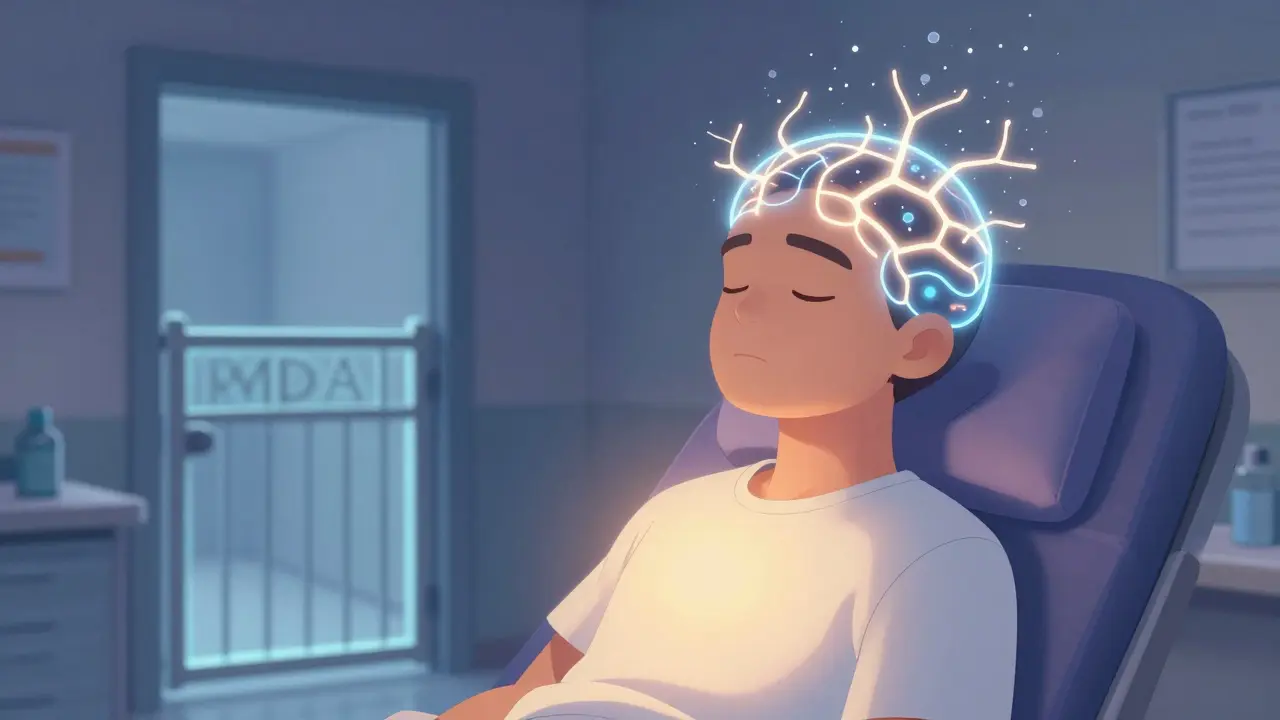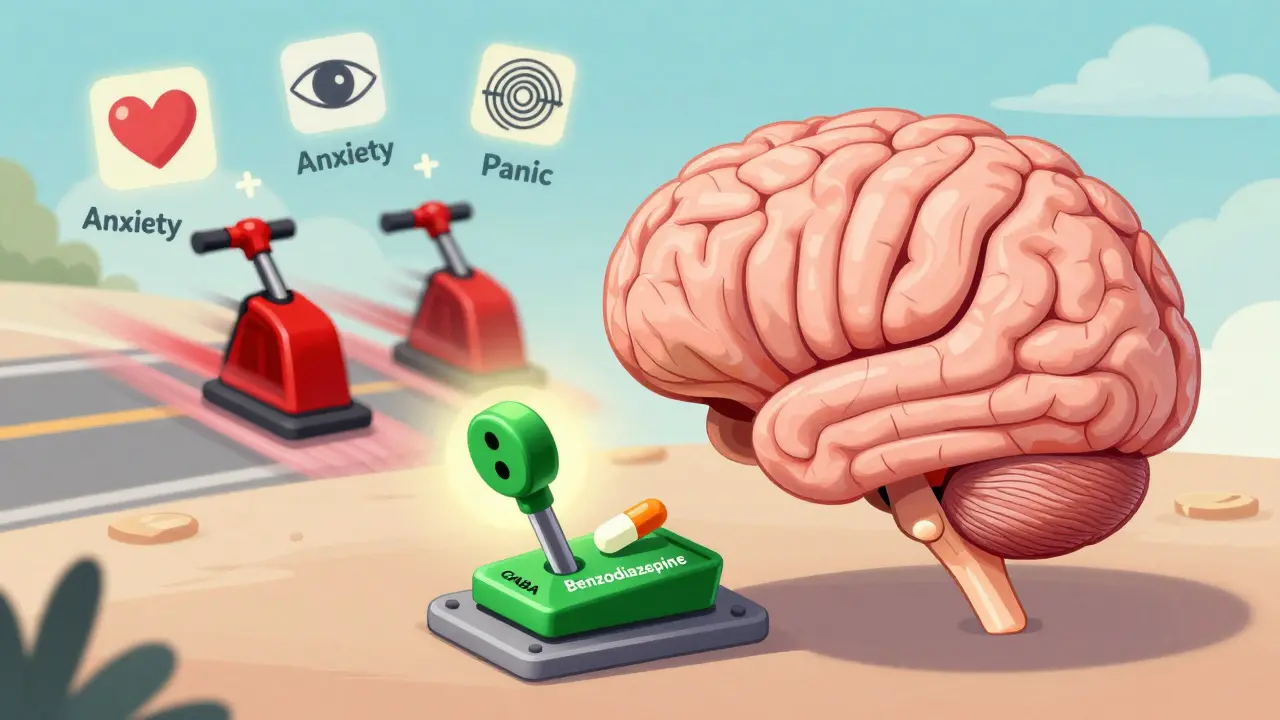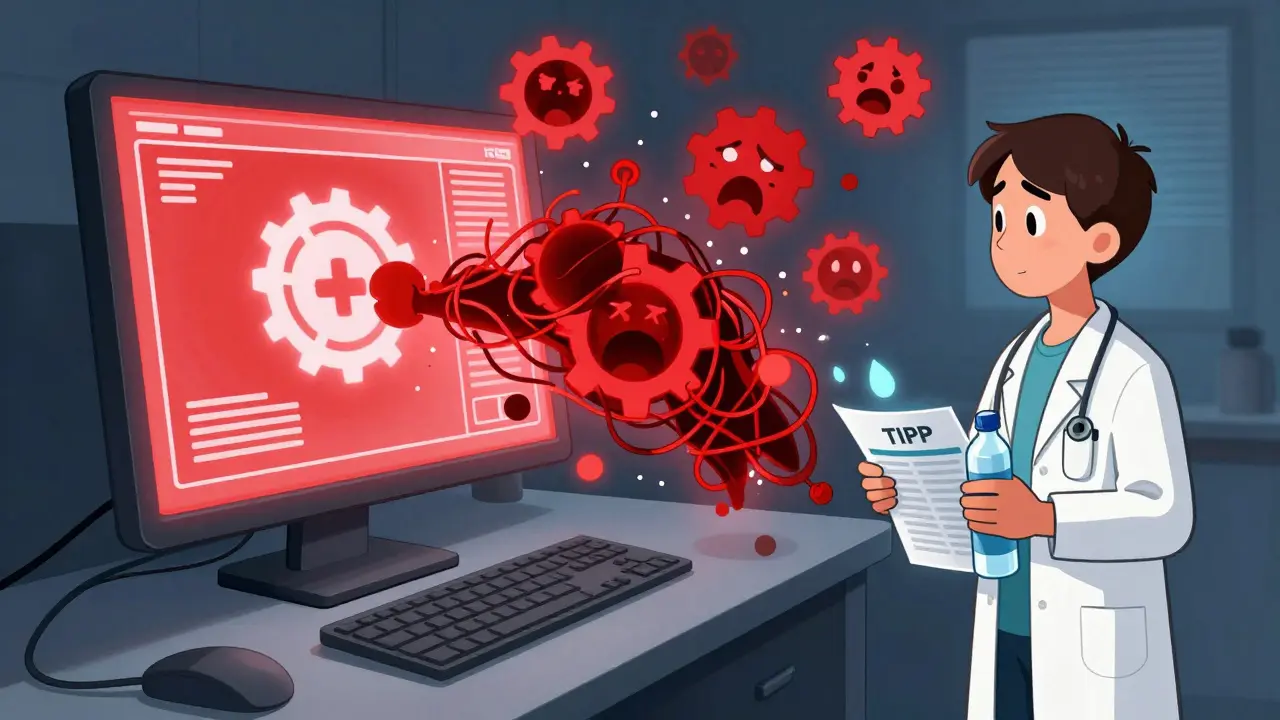Mental Health Made Simple: What You Need to Know
Feeling down, anxious, or just a bit off? You’re not alone. Millions of people grapple with mental health issues each year, and the good news is there are tools, medicines, and lifestyle tweaks that can help. On this page we break down the most common conditions, talk about the meds you’ll hear about – like Abilify – and share practical steps you can start using today.
Quick Overview of Common Conditions
Depression, anxiety, bipolar disorder, and schizophrenia are the big names that pop up in mental health talks. Depression often shows up as persistent sadness, loss of interest, or low energy. Anxiety tends to feel like constant worry, racing thoughts, or a shaky gut. Bipolar disorder swings between high-energy “mania” phases and low “depressive” phases. Schizophrenia can bring hallucinations and trouble thinking clearly. Knowing the basics helps you spot when professional help might be needed.
Medications You’ll Hear About
When a doctor prescribes a drug, they’re usually targeting specific brain chemicals. One common prescription is Abilify (aripiprazole). It’s an antipsychotic used for schizophrenia, bipolar disorder, and as an add‑on for depression. Abilify works by balancing dopamine and serotonin, which can calm mood swings and reduce hallucinations. Most people start on a low dose, and side effects like weight gain or restlessness may ease after a few weeks. Always talk to your doctor about any new symptoms.
Other frequently mentioned meds include SSRIs (like Prozac or Zoloft) for depression and anxiety, mood stabilizers (such as lithium) for bipolar disorder, and benzodiazepines for short‑term anxiety relief. Each class has its own set of benefits and possible downsides, so a tailored approach matters.
Beyond prescription drugs, many turn to supplements for extra support. Omega‑3 fatty acids, especially EPA and DHA, have been linked to better mood regulation. Vitamin D deficiency is common in people with depression, so a daily supplement can help. The herb St. John’s Wort sometimes eases mild depression, but it interacts with many meds, so check with a pharmacist before trying it.
What about lifestyle? Simple habits often make a huge difference. Regular exercise releases endorphins that boost mood, even a 20‑minute walk can help. Getting enough sleep—aim for 7‑9 hours—keeps your brain chemistry stable. Mindfulness or short breathing exercises reduce stress quickly, and staying connected with friends or a support group provides emotional backup.
If you’re already on medication, never stop it abruptly. Tapering off under medical supervision prevents withdrawal symptoms and relapse. Keep a symptom journal: note how you feel each day, any side effects, and what’s helping. This record makes it easier for your doctor to adjust doses or try a different drug.
Finally, remember that mental health isn’t a one‑size‑fits‑all journey. Some days will feel great, others tougher. The key is to stay proactive: ask questions, follow up with your health team, and use the tools that work for you. Whether you’re curious about Abilify, looking for supplement ideas, or just need a quick mood‑boost, this page gives you a solid starting point.

Intentional Overdose: Mental Health Support and Crisis Resources You Can Count On
Posted by Desmond Carrington on 11/01/26
Intentional overdose is a deadly but preventable crisis. Learn how crisis resources like 988, text lines, and community support can save lives-and what you can do to help.

Esketamine Nasal Spray: What You Need to Know About Dissociation, Blood Pressure, and Monitoring
Posted by Desmond Carrington on 4/01/26
Esketamine nasal spray offers rapid relief for treatment-resistant depression but comes with strict monitoring due to dissociation and blood pressure spikes. Learn how it works, what to expect, and why safety protocols matter.

Benzodiazepines: What They Do, How They Help, and Why They Can Be Dangerous
Posted by Desmond Carrington on 3/01/26
Benzodiazepines offer fast relief for anxiety and seizures but carry high risks of dependence and withdrawal. Learn how they work, who should avoid them, and safer alternatives for long-term mental health.

How to Avoid Panic and Make Informed Decisions After Drug Safety Alerts
Posted by Desmond Carrington on 24/12/25
Learn how to calm your body and think clearly when drug safety alerts trigger panic. Use science-backed techniques to make better, safer decisions under pressure.

How to Support a Child with a Behavior Disorder at Home - Practical Tips for Parents
Posted by Desmond Carrington on 25/09/25
A step‑by‑step guide for parents to help children with behavior disorders at home. Learn assessment tools, daily strategies, crisis plans and when to seek professional help.

Abilify: Uses, Side Effects, Dosage, and Important Facts
Posted by Desmond Carrington on 24/05/25
Abilify, also known by its chemical name aripiprazole, is a medication used to treat several mental health conditions including schizophrenia, bipolar disorder, and depression. This article dives into what Abilify actually does in the body, who can benefit from it, and what to watch out for if you're prescribed this drug. You'll get clear explanations, helpful tips, and eye-opening facts about its use and effects. Stay with me as we cut through the confusion and give you the information you really need.

